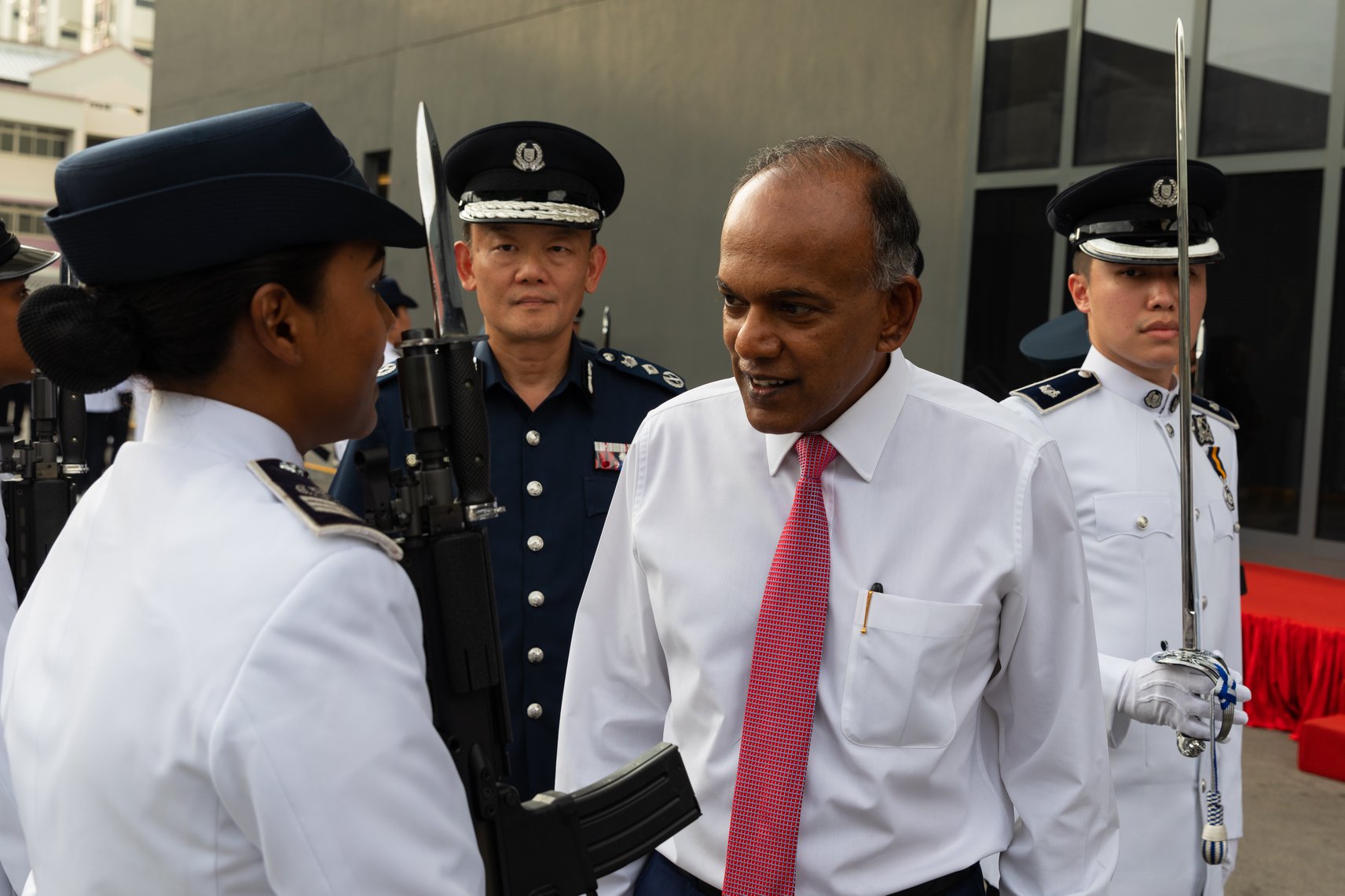On Friday (May 3), Law and Home Affairs Minister K Shanmugam published his first commentary on the Protection from Online Falsehoods and Manipulation Act (POFMA).
These were in response to two senior lawyers, Senior Counsels (SCs) Harpreet Singh Nehal and Siraj Omar, who voiced concerns and feedback regarding the bill:
as well as three Nominated Members of Parliament (NMPs) — Irene Quay, Walter Theseira and Anthea Ong — who made a statement and proposed four amendments to it:
In his commentary that was published in The Straits Times and Channel NewsAsia, Shanmugam said he has read what they said.
He pointed out, however, that they all do agree with the following four points about the bill:
- There is a need for the bill.
- The government needs to deal with the serious problem of online falsehoods.
- The government needs to have the power to move quickly to deal with the problem.
- The Executive will have to make the decisions first.
In other words, he says, the NMPs and SCs actually agree on the main aims of POFMA, and some aspects of how it will be implemented.
Addressing the definitions of "public interest" and "fact"
The minister wrote that he appreciated SC Siraj Omar's "very important point" that the bill gives less powers than the government already has, and at the same time, that it gives greater oversight to the courts.
He also acknowledged Harpreet's take regarding the definition of "public interest", which was broadly interpreted.
He revealed that he also spoke to Harpreet, noting that Harpreet's op-ed served to acknowledge the need for wide definitions of “fact” and “public interest” to address the risks posed to the national interest.
Shanmugam emphasised, however, that the definition of "fact" in the Bill will not include opinion, and will be restated during the parliamentary debate during its second reading slated for next week.
Govt will legislate the need for minister to explain why something is deemed to be false
Shanmugam pointed out that the three NMPs and Siraj recognise that it will be unwise to try and change the definitions of "fact" and "public interest" in the bill.
He also noted the suggestions by the NMPs with regards to the need for proportionality, and that the applications to courts be made fast and inexpensive.
Responding to these points, Shanmugam said the government intends to legislate the need for a minister, when giving correction and take down directions, be required to give his or her reasons, as to why a statement of fact is false.
The minister added that there is no substantial disagreement between their proposals, what the bill prescribes and what the government intends to prescribe further, adding that some of the points they raised will be dealt with during the upcoming debate.
The NMPs' position, in terms of the substantive aspects of the bill, are similar to the government's, said Shanmugam. The "very few" differences on the proposed directions regime and remedies are mainly in matters of process.
Shanmugam has been active in addressing the public's concerns over past month
Since the introduction of the POFMA bill slightly more than a month ago on April Fools' Day, the law minister has been quite proactive in explaining the intricacies of the legislation to the public and the media.
And it makes sense for him to do so, because POFMA is a new type of legislation and is among the first of its kind in the world.
Some Singaporeans, therefore, have had questions regarding its implementation and were concerned about the impact of the legislation on one's activities online.
On April 3, he made a basic two-minute how-to video on what can be said to criticise the government without getting caught by the provisions under POFMA:
On April 9, he spoke at a dialogue session organised by the Association of Muslim Lawyers (AML) and non-profit organisation Wise SG, where he told the audience that the process for a person or organisation to appeal against a direction order issued by a Singapore minister under POFMA should be “fast”, “simple” and “relatively inexpensive”.
Shanmugam also gave an interview on April 13, reassuring the public that "99 per cent of the people don’t have to worry about what they do 99 per cent of the time". He also went on a Money FM podcast to explain the bill on April 30.
And Shanmugam is likely to speak next Monday in parliament during the Second Reading of the Bill.
Phew.
Top photo via K Shanmugam Facebook page.
If you like what you read, follow us on Facebook, Instagram, Twitter and Telegram to get the latest updates.
